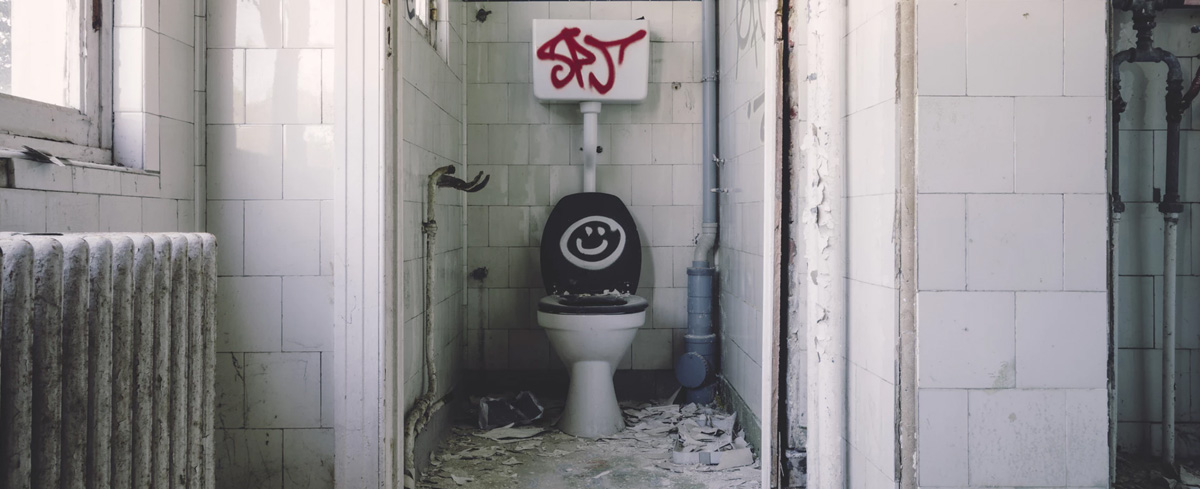Unisex toilets are costing taxpayers big-time, as council after council allot taxpayer funds to renovate, upgrade, and install completely new facilities in publicly accessed areas. Some of these areas include beaches, parks, reserves and public schools.
While some might wonder whether taxpayers should even be funding such projects, a more important question would be whether unisex toilets pose a risk to the general public.
According to the Sunshine Coast Daily, councillor Vivien Griffin invested $450,000 of tax payer money into a toilet block at ‘Tickle Park’, “consisting of unisex and wheelchair accessible toilets, wash basins and external showers.”
The location was chosen to allow “greater casual surveillance of the facility from the nearby shelters and playground which will provide peace of mind for parents with young children,” Griffin said.
However, it was only this month that a four year old girl was sexually assaulted in the same unisex toilet block. Police have not yet identified the offender who is still at large.
Similarly, in November 2018, two young children were sexually assaulted in a unisex toilet located at Dee Why in Sydney’s northern beaches. Despite the offender being charged and placed on bail, he was caught at the same unisex toilet only four days later.
According to The Independent, data obtained through the freedom of information suggests unisex changing rooms are more dangerous for women and children than single-sex facilities.
Also see: Ninety per cent of sexual assaults at public swimming pools happen in unisex change rooms.
“Of 134 complaints over 2017-2018, 120 reported incidents took place in gender-neutral changing rooms and just 14 were in single-sex changing areas. Two thirds of all sexual assaults at public leisure centres and swimming pools have occurred in unisex changing rooms”.
Let’s all take a moment to simplify and digest the data. Just under ninety percent of ALL change room, public toilet and amenity related sexual assaults, cases of harassment, and incidents occurred in gender-neutral or unisex facilities.
As of 2018, the South Australian State Government approved a new policy which allows a person to use the toilet facility of the gender they identify with. They are also pushing for mandatory gender-neutral toilets in public places.
Other organisation who have jumped on the band wagon of self-destruction include Cricket Australia, AFL, Australian Public Service Commission (Commonwealth departments, treasury building, Bureau Meteorology, National Capital Authority), Australian Defense Force, along with thousands of retail and food stores.
Gender neutral toilets may appease a very small number of people, but it certainly appears that it’s at the cost of the safety of women and children. Is it really worth the cost?
David Davies, MP for Monmouth said, “These figures show that women and girls are more vulnerable in mixed changing rooms and there is a danger these places are becoming a magnet for sexual offenders.”
“It simply doesn’t make sense to enable men to have greater access to women’s spaces. The reforms to gender recognition will grant that access.”























